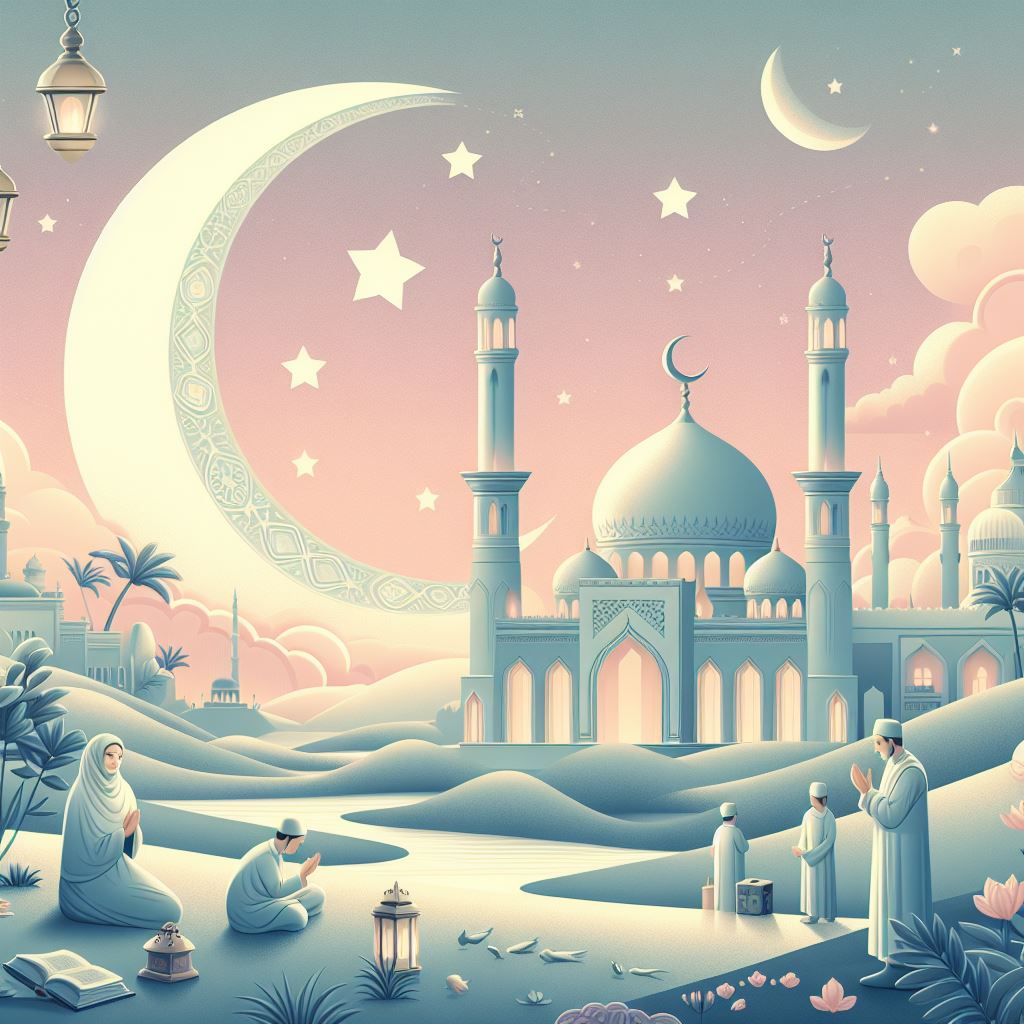
21
Mar
The Spiritual Significance of Ramadan
The holy month of Ramadan, which is the most important month of a calendar year in Islam, goes beyond simple fasting and refraining from food and drinks. Such a period is the holy month of Ramadan, which is a season of spiritual depth, self-discovery, and spiritual revival for many Muslims from all parts of the world. Apart from the immediate practice of fasting that takes place during the month of Ramadan, the event has a profound spiritual significance that enhances the contentment and spirituality of the faithful.
The Essence of Fasting
The main purpose of Ramadan is fasting and it is stressed as a strict Islamic practice of self-discipline and spiritual purification which, according to the Quran is mandatory. Fasting from dawn to sunset is equivalent to obeying the divine instructions of Almighty Allah, and it is a reminder of the blessings our Lord has made us beneficiaries of. The belief that earthly desires are to be suppressed during the waking hours is one of the ways through which Muslims aspire to attain spiritual consciousness and to draw closer to the Divine.
Reflection and Repentance
Ramadan is the month aimed at self-knowledge and self-reflection. The Muslims glorify God in their acts of worship, for instance, Taraweeh, the Quran recitation and supplication for forgiveness to cover for the past transgressions, and a clean heart. The spiritual feel of Ramadan inspires the faithful to review what they have done in the past and seek forgiveness for their transgressions but at the same time desire spiritual and moral uplift.
Strengthening Faith and Connection
Muslims come together and exhibit strong ties among themselves during the communal aspect of Ramadan. The Taraweeh prayer recited in the night, the shared meals during iftar, and the communal acts of charity cultivate a bond of brotherhood and sisterhood within the Muslim community. What is more, these shared moments bolster faith, greatly improve interpersonal relationships and spark a spirit of generosity and compassion.
Gratitude and Generosity
In Ramadan, the heartfelt thanks for all the blessings and appealing to fight against the shortages are all key issues that must be faced and encouraged. The custom of donating Zakat before Eid al-Fitr release is a precondition for posing their share of gifts for the poor masses. The Muslims are not privileged to forget their duty to protect the people who are in an unfavorable position and to distribute blessings to others.
Seeking Laylat al-Qadr
The most holy nights of Ramadan are those nights which are known as Amira Khitab nis or Laylatul Qadr, the Night of Decree when Allah’s messenger (peace be upon him), Prophet Mohammad, was first blessed with the Quran. What Muslims look for during the last ten nights of Ramadan is to have a period of complete devotion and closeness to Allah. Seeking the blessings and forgiveness accompanied by Layilatul-Qadr (the blessed night) is seen as an opportunity for a new beginning and a more rewarding afterlife.
Conclusion
To be precise, it is not very often that we solely rely on physical fasting but rather it is the journey that the soul takes during the month that is more transformative. It is a moment together, to generate faith, get atonement, generate thankfulness, and deepen the intimacy with Allah. In spiritual reflection, communal worship, and actions of charity Muslims catch the deepest sense of holy month of Ramadan, which causes Muslims to renew the traits of piety, mercy, and devotion continuing throughout the year.
